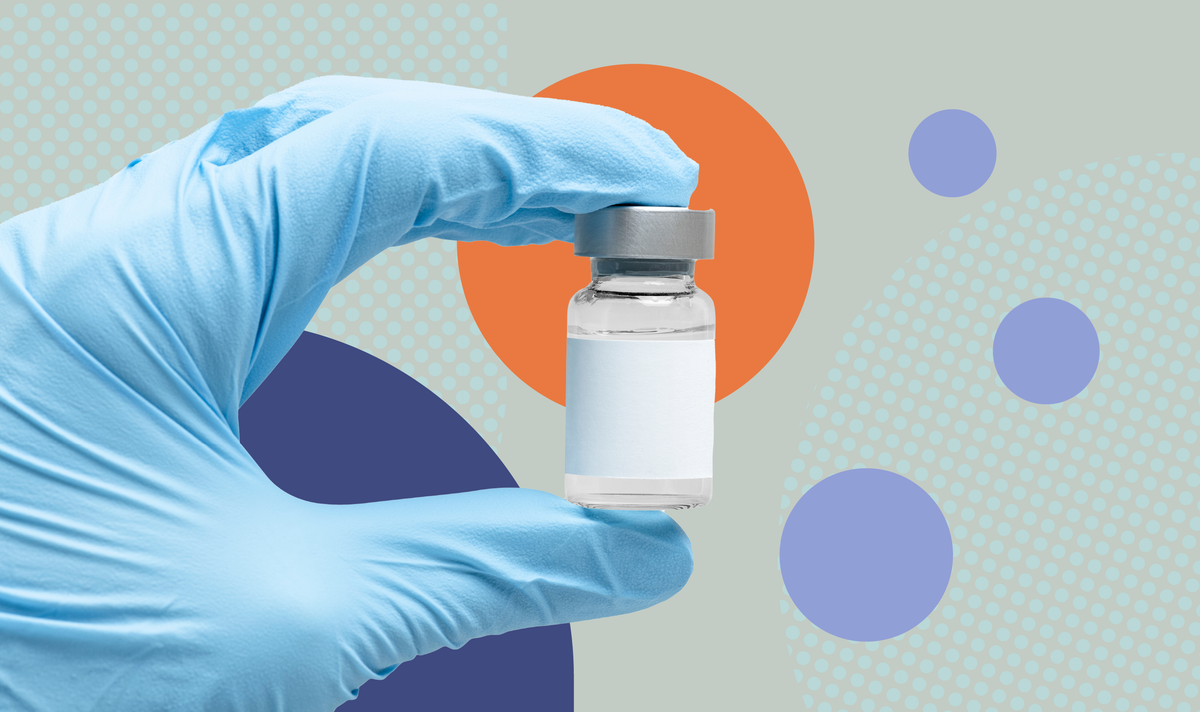New documentary used to link childhood vaccines to SIDS
Plus, a trending video resurfaced the claim that doctors are bribed to give vaccines, and a new study added fuel to the anti-vaccine “turbo cancer” myth.

Plus, a trending video resurfaced the claim that doctors are bribed to give vaccines, and a new study added fuel to the anti-vaccine “turbo cancer” myth.
This week, old vaccine myths got new life online. High-profile figures promoted a “documentary” to support the long-disproven claim that childhood vaccines cause SIDS. Meanwhile, vaccine opponents misrepresented a recent study, falsely claiming it proves that COVID-19 vaccines are causing a “surge” in cancer. Finally, social media users debated the misleading claim that doctors receive bribes to vaccinate their patients.

Insights brought to you by the reporters and science writers of Public Good News (PGN), a nonprofit newsroom dedicated to improving community health.
What’s trending in vaccine conversation:
A “documentary” film that links childhood vaccines to chronic illnesses is being used to promote the myth that childhood vaccines are linked to sudden infant death syndrome. The study misrepresents a 2020 study conducted by the Henry Ford Foundation, which has disavowed and debunked the film’s claims. A consumer advocacy group known for promoting health conspiracy theories referenced the film in a post claiming that 97 percent of SIDS cases occur within 10 days of vaccination. Notably, the post did not cite any research to support the claim. A U.S. senator who has promoted a host of myths and conspiracy theories about vaccines encouraged his social media followers to watch the documentary. Responses to the posts falsely claim that SIDS only affects vaccinated babies, that vaccines are “poison,” and that they don’t trust pediatricians who recommend vaccines.
A large South Korean study published in late September is being used by vaccine opponents to promote the myth that COVID-19 vaccines cause or accelerate cancer. Several right-wing and conspiracy news sites have published articles falsely claiming that the study “proved” that COVID-19 vaccines caused a “spike” in cancer. However, these claims are contradicted by the actual study. The study found that people who were vaccinated against COVID-19 were more likely to be diagnosed with certain types of cancer in the year after vaccination than unvaccinated people.
Many social media users noted that the association was likely explained by the fact that people who are older and have health conditions that predispose them to cancer are far more likely to be vaccinated than healthy young people, who have the lowest cancer risk. Additionally, by the authors’ own admission, the study’s timeline was “relatively short for evaluating cancer incidence.” Cancer experts online pointed out that most cancers take years to develop to the point of detection, making it extremely implausible that cancer diagnosed within a year of vaccination was caused by the vaccine. The study authors said that they couldn’t rule out “the possibility of reverse causation or surveillance bias.”
Claims that doctors receive bribes to encourage certain medical treatments, including vaccines, are circulating online. One popular post lists doctors promoting vaccines and cancer screenings as evidence that they are incentivized to keep people chronically ill. Responses to the post accused doctors of “pushing drugs” and called incentives to encourage healthy behaviors a “scam.” Other posts recirculated an August video of Health Secretary Robert F. Kennedy Jr., who claimed that doctors are “pressured to follow the money, not the science.” Health care providers debunked Kennedy’s claim that doctors profit from giving vaccines.
Read the fact checks:
- AAP: Fact Checked: There Is No Link Between Vaccines and Sudden Infant Death
- Fact Crescendo: Did the Korean Study Prove COVID-19 Vaccines Cause Cancer?
- PBS News: Fact-checking RFK Jr.’s claim that pediatricians recommend vaccines for money

Recommendations brought to you by the health communication experts behind Infodemiology.com.
Talking points for health care providers to use in response to trending narratives
Each week the Infodemiology.com team will provide talking points and supporting messages in response to some of the trending narratives outlined above. Health care providers can use this messaging when discussing vaccines online, talking to patients, or engaging with communities.
There is no link between childhood vaccines and SIDS.
- The exact cause of SIDS is unknown, but decades of research have definitively ruled out a link between the condition and childhood vaccines.
- Numerous large-scale studies show that vaccinated and unvaccinated children are affected by SIDS at the same rates. Additionally, SIDS rates are not higher in countries with higher vaccination rates.
- Anti-vaccine groups have falsely claimed for decades that childhood vaccines cause SIDS, but no scientific evidence supports this myth.
- Childhood vaccinations are safe and the only way to protect children from diseases like measles and whooping cough.
Over five years of research and global monitoring show that COVID-19 vaccines are safe and not linked to cancer.
- The scientific consensus—backed by over five years of clinical trials, peer-reviewed research, and global safety monitoring—shows that COVID-19 vaccines are not linked to any type of cancer.
- The National Cancer Institute and American Cancer Society confirm that there is no evidence that any COVID-19 vaccines increase cancer risk.
- The claim that COVID-19 vaccines cause or accelerate cancer is an anti-vaccine myth with no scientific basis. Additionally, “turbo cancer” is a fake term made up by anti-vaccine advocates and is not accepted by medical professionals.
Why do pediatricians support vaccines? Because they keep their patients safe and healthy.
- Childhood vaccinations protect babies and children against deadly and debilitating diseases like polio, mumps, and whooping cough.
- Doctors know that getting your child vaccinated is the best way to prevent these diseases.
- Delaying or skipping vaccines puts children and vulnerable people around them at unnecessary risk from vaccine-preventable diseases.
Interested in recommendations tailored to public health professionals? Click here.
